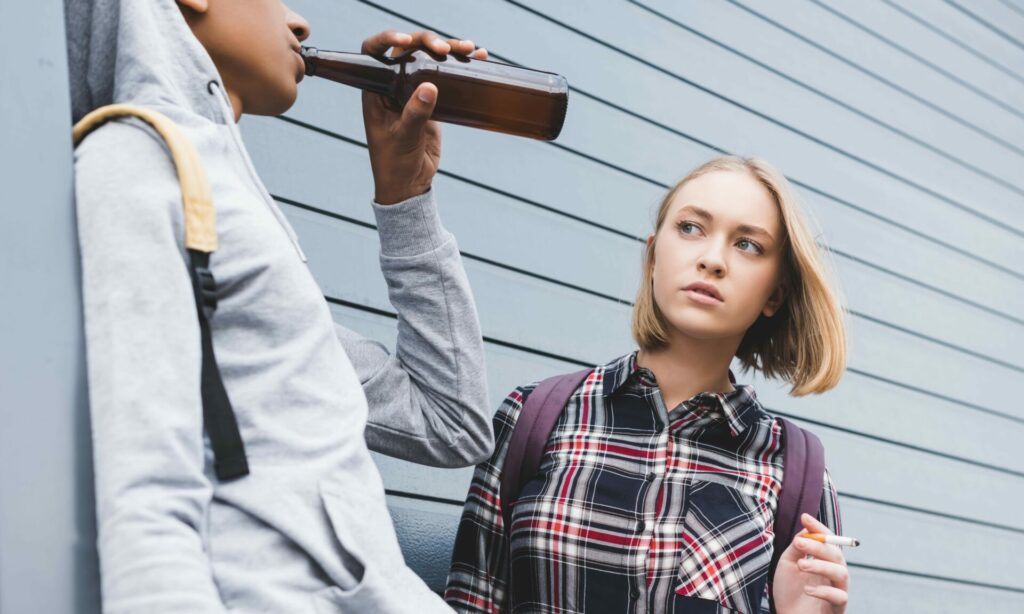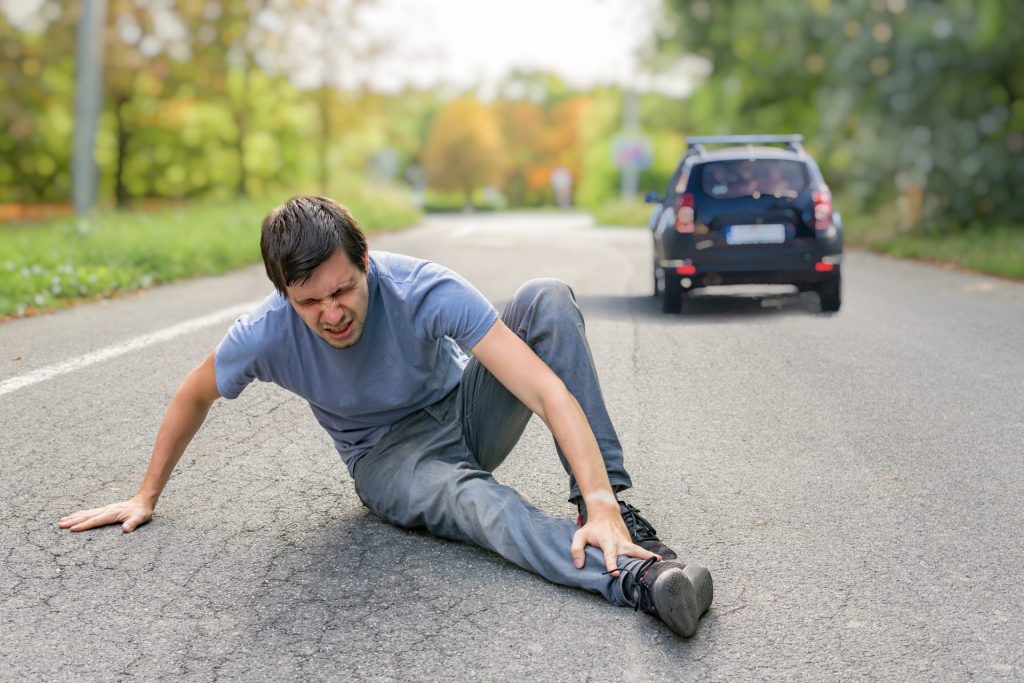If your child is facing juvenile criminal charges, it’s natural to want to know what to expect through the criminal court system. In most states, juveniles are treated differently from adults facing criminal charges. Since they’re minors with little or no understanding of the law, the system hopes to rehabilitate them into law-abiding citizens.
While juvenile offenders don’t have some of the constitutional rights that adults have, they deserve special protections. Many juvenile courts use procedures that reflect an effort to rehabilitate and not punish minor offenders. Consult a criminal defense lawyer in Colorado Springs to understand the difference between the adult and juvenile criminal systems.
Who is Considered a Juvenile Under Colorado Law?
The law in Colorado defines a juvenile as a person below 18 years of age. The juvenile justice system and juvenile courts have authority over minors aged ten and over if the children conflict with the law by violating the following:
- County or municipal ordinances
- Certain regulations regarding supplying cigarettes or tobacco products
- Laws concerning marijuana and ethyl alcohol
- State or federal laws
Juveniles arrested and charged with juvenile offenses are prosecuted in a juvenile court. It helps to work with a Colorado Springs juvenile defense lawyer to help protect the rights of your child during the court proceedings.
What Is a Juvenile Court?
Juvenile courts in Colorado handle cases involving minors between the ages of 10 and 17. These cases include:
- Criminal cases ranging from minor infractions to severe offenses like assault and robbery
- Domestic issues like abuse and neglect
- Runaway cases where a child chose to run away from home and has returned
Most juvenile courts run separately from district courts. However, services like probation may run from the same program. It helps to consult a Colorado Springs juvenile defense attorney for legal counsel on how the system works.
What Are the Differences Between Juvenile and Adult Criminal Justice Systems?
Several differences exist between the adult and juvenile criminal systems:
- Rehabilitation vs. punishment: While the adult criminal system aims at punishing criminals, the juvenile justice system seeks to rehabilitate minor offenders through education, therapy, and treatment
- Disposition vs. sentencing: If a juvenile is convicted of an offense, they receive a disposition as the hearing’s outcome. On the contrary, an adult convicted of a crime receives a sentence as a punishment.
- Delinquency vs. crimes: Juveniles are not categorized as criminals and are not considered as having committed crimes. Their offenses are termed delinquent acts.
- Conviction vs. adjudication: When an adult offender is tried and found guilty, they’re convicted of the crime while a juvenile is adjudicated delinquent.
- Jurisdiction of trial: A juvenile’s hearing is often moved to their county of residence while adults are tried in the jurisdiction they committed a crime.
- Rules of procedure: The rules of practice in a juvenile criminal proceeding are more relaxed while they’re strictly observed in the adult criminal system.
Similarities Between Juvenile and Adult Justice System
Despite the many difference between the two justice systems, most rights remain the same. That means that both adult and juvenile offenders have the right to:
- Know the charges brought against them
- To remain silent to avoid incriminating themselves
- Have the prosecutors prove the charges beyond reasonable doubt
- Hire an attorney to represent them during the proceedings
What Does It Mean to Be “Tried as an Adult”?
When a juvenile is tried as an adult, their case is heard in a district court, not a juvenile court. The rules during the proceeding apply in a case involving charges against an adult.
However, a minor offender must be at least 12 years to be tried as an adult in Colorado. The case must also be criminal, involving severe charges like accusations of committing a violent act or a weapons-related felony.
Can a Juvenile Be Tried as an Adult in Colorado?
A juvenile may be tried as an adult in three ways:
- The case was initially filed in a juvenile court but then transferred to a district court, which is common in criminal cases involving violent crimes or juvenile felonies.
- The charges are filed directly in the district court where the offender is at least 16 years and charged with one of the severe offenses.
- The offender has a substantial record of cases filed in the juvenile courts.
Since the adult justice system aims at punishing an offender, it would help to work with a criminal defense attorney in Colorado Springs to defend your child against the charges. They can put their skills and experience to work to have the charges dropped or reduced.
What Types of Sentences Might My Child Face If Convicted in Juvenile Court?
The juvenile justice system is flexible in setting penalties, boundaries, and limits. The focus is on creating an environment for juvenile offenders to develop strong decision-making skills to avoid criminal activities and infractions that may land them in court later on in life.
As such, the range of court disposition for a young person found to have committed a crime includes:
- Probation
- Placement in a mental facility or hospital if treatment is required
- Placement in a residential or other reform program through the Department of Human Services
- Placement with a family member for temporary custody if the offender’s life is in danger
- Community service
- Fines and restitution
- Rehabilitation and therapy
Before the court imposes a disposition, a hearing is done to gather the necessary evidence to inform the final decision. The offender may have a juvenile defense attorney in Colorado Springs to represent them in court.
Protect Your Child’s Rights in Juvenile Proceedings with Skilled Representation
The juvenile justice system works differently from the adult justice system. If your child is facing charges for a juvenile crime, you want to ensure they’re not tried as adults, as a conviction could impact their lives forever. It’s in your child’s best interest to work with an experienced Colorado Springs juvenile defense lawyer to enhance the case’s outcome.
At our Colorado Springs criminal defense law firm, we can fight aggressively to have your child receive a less severe sentencing to protect their future. Book a case evaluation to discuss your situation with us.








